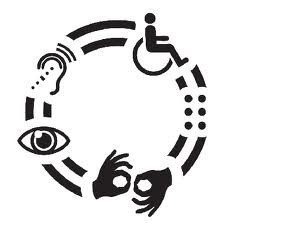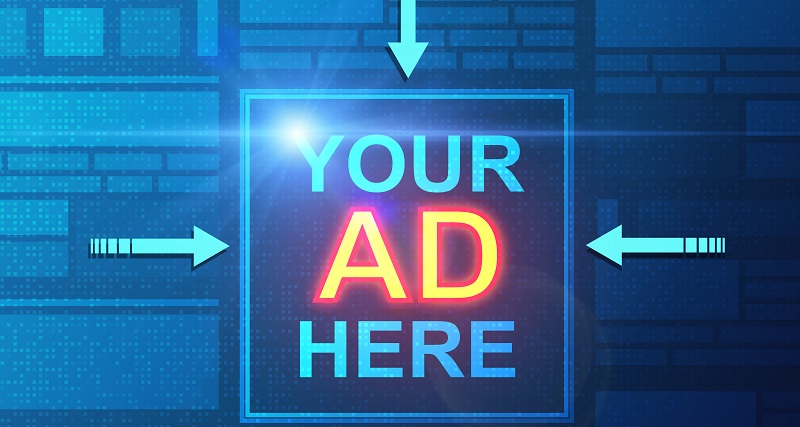Disabilities
Do You Believe These Myths about People with Disabilities?
Guest Blogger: Stacey Graham
Over the years, those with disabilities have had to deal with not only adjusting to life with their disability but also their place in society. There is a lot of well-meaning but flat-out inaccurate beliefs about the disabled floating around. Some of these are relics from times past, while others are just plain wrong. Read on to learn fact from myth about those living with disabilities.
One is Not “Brave” or “Courageous” for Having a Disability
Many people living with disabilities are doing just so – living with their disability. This is simply an adjustment to the lifestyle that they have been dealt. It does not make them any more brave or courageous than non-disabled people.
Those in a Wheelchair are Not Ill or Sick
People use wheelchairs for many reasons. This includes recovering from an injury, as a way to get around, or if they are being transported in a hospital. The idea that someone is sick because they are in a wheelchair is common but not accurate. For many, life confined to a wheelchair simply means that they are unable to walk but are able to do most anything anyone else is able to do. Another consideration is that some people in a wheelchair are able to walk but use a chair to conserve strength. Some are not able to walk for long distances or prefer to use more comfortable chairs when they sit at a desk or when going out to restaurants.
Those with Hearing Impairments Can Read Lips: Myth
Not all people who have difficulty hearing are able to “read lips”. In fact, much of what is interpreted when someone does “read lips” is actually cues such as facial expressions, context clues, body language, and more. Only up to 25% of what a person says can be deciphered by looking at lips alone. Every individual with hearing loss also has different abilities to understand what someone without hearing loss is saying. Some can “read lips” while others cannot at all.
Not all hearing loss is the same. Some people are completely deaf while others can hear to some degree. Hearing aids can be used to assist with some types of hearing loss when it is caused by a lack of amplification, but they are not appropriate for all types.
People Who are Blind Develop an Extra-Sensory Sixth Sense
While it is true that those with visual impairments come to rely on their other senses, this does not mean that they develop a “sixth sense”. They are simply more attuned to their other senses. This doesn’t mean that their other senses possess more or less ability than a non-visually disabled person. For example, their hearing isn’t necessarily better they simply have adjusted to paying attention to the information from other senses more fully. It isn’t a mystical or magical ability for someone who is blind; simply an adjustment to life without full eyesight.
How to Refer to Someone with a Disability
Someone living with disabilities is not “special” simply for having a disability. A person with a disability has a unique personality and abilities just like anyone else. Most people would agree that they prefer to be known for their own particular characteristics and not be defined by their physical disabilities.
Referring to someone by only their disability is not acceptable. For example, it’s not okay to mention someone’s disability when describing them if it has nothing to do with the context. Everybody has challenges but we don’t introduce friends by those qualities. Instead, we simply say, “This is my friend Fred.” If in doubt, simply use the person’s name.
Children Should Not Ask about a Person’s Disability
Children are naturally curious, just like every other human being on earth, but haven’t yet learned social norms and therefore are not embarrassed like an adult might be in this situation. Most people with disabilities do not mind answering questions from a child. There aren’t any connotations or learned stereotypes with children and so they are very accepting. Most disabled people simply want to be accepted and appreciated as a unique individual. They don’t want to be defined by one physical characteristic.
In general, people with disabilities want to be known and treated as another “regular person”. They have struggles like everyone else, much the same as those are not disabled. They have to pay taxes, have relationships, have a sense of humor, watch many of the same TV shows, and like to go on vacation. They might have special abilities as a result of their disability but everyone else does too.
Getting past myths is the same as getting past a roadblock that interfere with the ability of those with disabilities from being equal members in society. This includes in the workplace and socially. While the word disability may be used, its meaning and application can be very broad. Using appropriate language and understanding that a person with a disability is simply a person like anyone else is an important first step for full acceptance of these individuals.
About the Author
Stacey Graham is a school teacher and writer from Virginia. In her spare time, she likes to go hiking, yoga, and collecting wine. In college she played tennis competitively and was a coach for several years. She loves to write articles on mobility aid equipments like pride mobility scooters and pride jazzy power chairs.




